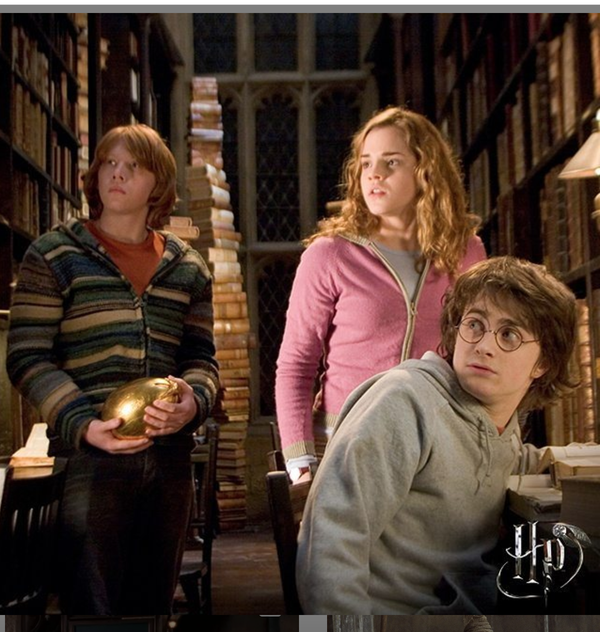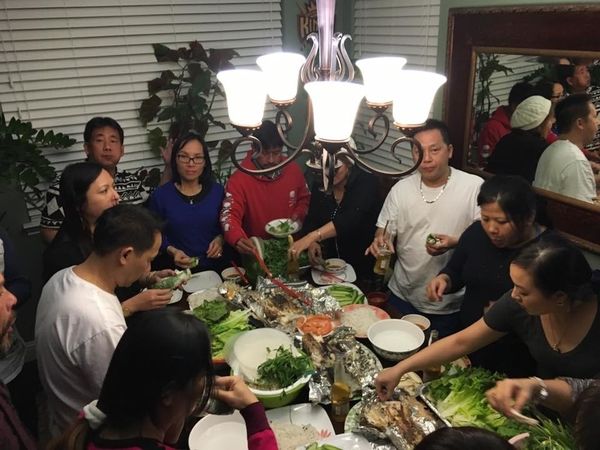"I was battling night terrors and panic attacks, yet every day I was expected to make rational decisions and plans." - Vanessa Billy in The Guardian.
The people who are somewhat functional, despite all the personal problems and terrible things they have going on in their lives, are the people I respect most in life. Andy Stanley, in a sermon titled "Address The Mess" echoes this point in that the people who show up to work and still get done what they need to care who we even envy to be.
And so, naturally, when I first read Australian Vanessa Billy's article about grieving and moving on after her father's death, I was instantly engaged. "When my father died I lost the ability to live normally," she wrote of her experience. Her father died in late 2018, in a palliative care center in Paris. In the city with her husband and three-year-old son, she helped to organize the funeral and stayed with her mom for several weeks before going back to Sydney. "This is hard, but I am strong, I've got this," Billy told herself.
And although the first couple days back in Sydney were pretty difficult, she still maintained a basic, somewhat functional baseline that makes her say those days weren't the worst she had to get through. Bolstered by the support and condolences of her work colleagues, she got by. Life, however, had to resume, as it always does. Work and life both had to go on. "Around me, everything was getting back to 'normal', except I wasn't." Whenever she had a fit of sadness or crying, people were silently uncomfortable an awkward around her. She wasn't able to function normally when everyone else was when she had to function normally. "Many times, I felt like watching the train I was supposed to be on depart while I stayed stuck on the platform."
And she couldn't just "move on", but she tried to do what was expected of her normal self. Despite trying to socialize, she couldn't: she was "too hurt to handle simple casual conversations." Whenever she mentioned how she felt about it or her memories of her father, people around her felt uneasy. At the time, it made her feel like she was responsible for not being a normal person, feeling "guilty and inadequate." Now, she knows that "their embarrassment came from not knowing how to react."
Daily acts like commuting or picking up her daughter's clothes would turn into stressful, tear-filled events. "Practically anything would make me scared or angry or frustrated." Even rays of sunshine would sometimes make her depressed because the day was so beautiful when she was in pieces. She knew she had to do something about it, not wanting her daughter to come home every day to an angry mother, something her father would definitely not have wanted.
She began to see a grief counselor, something she credits with "[giving] me my life back." The counselor gave her the space to grieve, and it was the only place she felt comfortable talking about it. "We spoke about my dad, about his last days, I cried a lot. Simply talking about it with someone who told me all this was normal gave me immense relief." Her anger collapsed within a couple. She learned that she was going to be OK, that "after a bad day a better one will come."
What she learned wasn't just that grief was painful, it was that grief was fundamentally so lonely.
And although the first half of her article talks about the experience of grief, the second half gives the message.
"Our society does not cope with the idea of death. We fear it, and because we fear it, we ignore it. We refuse to consider death and illness as a part of life. We irrationally believe that it won't happen to us or our loved ones. This makes us totally ill-equipped to deal with it when it does happen and to relate to people who have experienced it."
Inherently, the sadness caused by loss is a lonely experience. But what makes the pain worse is society's inability to deal with grief and mourning. The people around Billy on a daily basis were well-intentioned and genuinely tried their best to listen and to help her, but they only made it worse. That is because our cultural and societal framework for dealing with grief is broken.
"Most of us will acknowledge that mourning is a process which takes time. But few are actually ready to accept the responsibility that comes with it: people will not simply 'get over it' with time, the experience of loss will change them deeply and forever."
I have written before about how, in my personal experience and taught by HBO's "Six Feet Under," things will not be normal. Things won't be the same. A new normal is what we adjust to and form. "We need to accept that it won't always be that hard, yet it will never be the same." For so long, Billy tried to capture a sense of normalcy she had before, only, again, to realize it would never be the same.
She acknowledges that grief is not something people want to think about, as it is awkward, depressing, painful, and uncomfortable. We don't want to deal with it or think about it, nor do we want to wish it on anyone. But we have to re-shape society's framework for dealing and talking about it because it happens to everyone. I've written before about how dealing with grief led me to not need control in my life, to surrender to God, to realize that the strongest and peaceful people in life are the ones that are still standing and functional, limping, barely holding themselves together. "For all this, I am the luckiest person in the world, and I wouldn't have had it any other way," I said.
But it could have been easier. It could have been faster, had I not had the same experiences and discomfort that Billy did. It is a general life rule that avoiding something never makes it better, but only delays fate, God's plan, and what is to come. We need to be here for each other when grief comes, Billy says. "And for this, we need to be prepared to deal with the bad and the ugly. We need to talk about death."



















